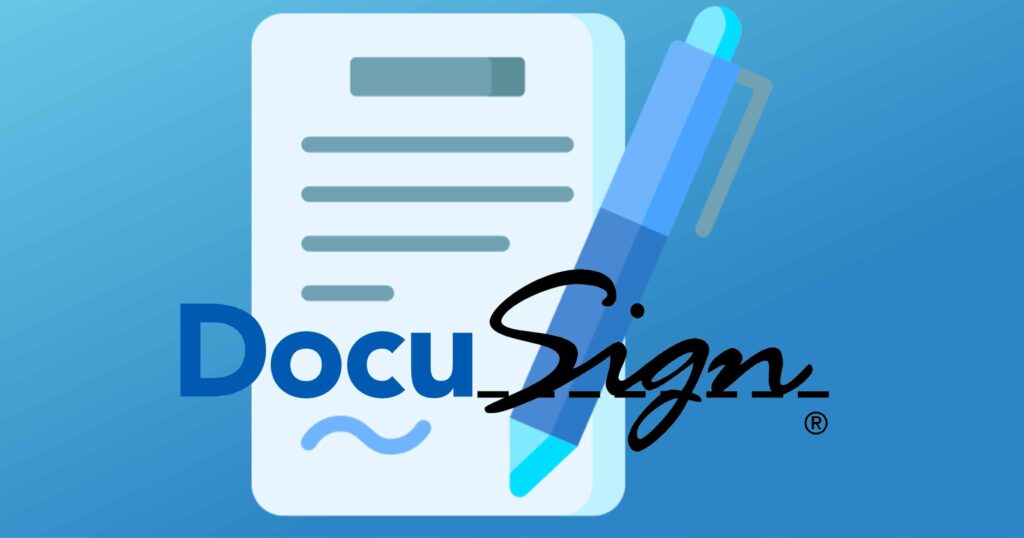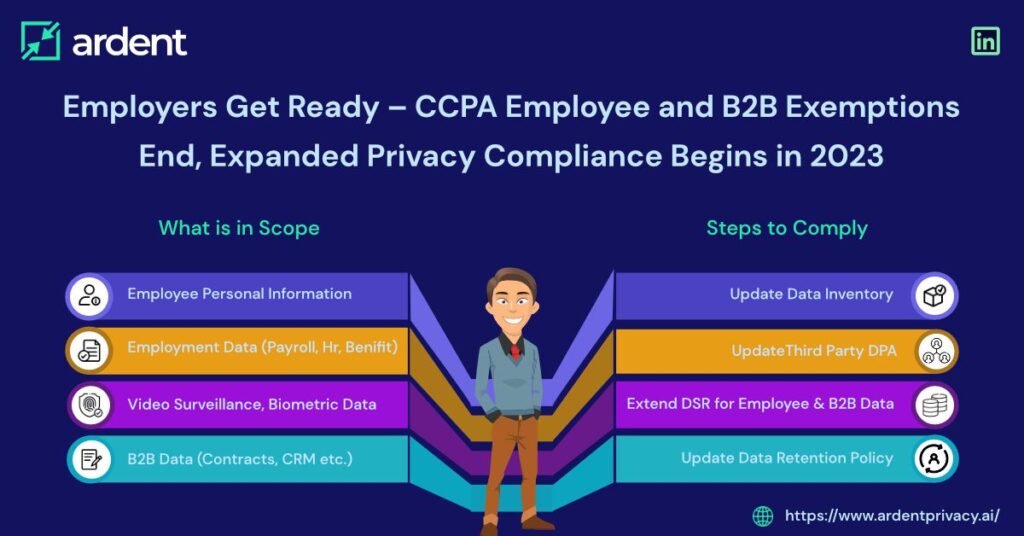The California Consumer Privacy Act (CCPA) is an important piece of legislation that protects the privacy of consumers in the state of California. As such, businesses of all sizes must understand how the CCPA applies to their operations. This is especially important for small businesses, who may not have the resources to stay on top of changing laws and regulations.
In this article, we’ll discuss the key aspects of the CCPA that small businesses should be aware of, and explore how the Act applies to them. We’ll also look at how small businesses can ensure they’re compliant and protected from potential legal liabilities. With this information, small businesses can make sure their operations remain compliant and their customers remain protected.
The California Consumer Privacy Act (CCPA) does apply to small businesses. Generally, a business must comply with CCPA if it meets one or more of the following criteria:
- Has annual gross revenues in excess of $25 million
- Buys, receives, or sells the personal information of 50,000 or more consumers, households, or devices
- Derives 50% or more of its annual revenues from selling consumers’ personal information

Does CCPA Apply to Small Businesses?
The California Consumer Privacy Act (CCPA) is a law that applies to businesses that collect personal information from California residents. It requires businesses to provide certain privacy rights to individuals, such as the right to know what personal information a business has about them, and the right to delete the information if requested. The law applies to all businesses, regardless of size, that meet the criteria of collecting personal information from California residents.
The CCPA applies to all businesses that meet the criteria of collecting personal information from California residents. This includes small businesses, as well as large ones. The law does not differentiate between large and small businesses; it applies to all businesses that meet the criteria.
What Is the Scope of the CCPA?
The CCPA applies to a wide range of activities. It applies to the collection, sale, and use of personal information, including information such as names, addresses, telephone numbers, email addresses, IP addresses, and other online identifiers. It also applies to the use of personal information for advertising, profiling, and other purposes.
The law provides individuals with the right to know what personal information a business has about them, the right to delete the information, and the right to opt out of the sale of their personal information. It also requires businesses to provide individuals with access to the information they have collected, and to take reasonable steps to protect the security of that information.
What Are the Requirements for Small Businesses?
The requirements of the CCPA are the same for small businesses as they are for larger businesses. Small businesses must provide individuals with the right to know what personal information they have collected, the right to delete that information, and the right to opt out of the sale of their personal information. They must also provide individuals with access to the information they have collected, and take reasonable steps to protect the security of that information.
Small businesses must also comply with the notice requirements of the CCPA. This includes providing a clear and conspicuous link on their website or mobile app that informs individuals of their rights under the law. They must also provide a notice to individuals at or before the point of collection of personal information, informing them of their rights and how their personal information will be used. Small businesses must also provide a privacy policy that explains how they collect, use, and disclose personal information.
What Are the Penalties for Non-Compliance?
The CCPA provides for civil penalties of up to $7,500 per violation, as well as a private right of action for individuals whose personal information has been misused. The law also provides for criminal penalties of up to $75,000 per violation.
The California Attorney General’s Office is responsible for enforcing the CCPA, and can investigate and take action against businesses that are not in compliance with the law. As such, it is important for small businesses to ensure they are in compliance with the CCPA in order to avoid penalties.
Frequently Asked Questions
The California Consumer Privacy Act (CCPA) is a law intended to give California residents more control over their personal data. It applies to businesses that collect and process the personal data of California residents.
Does CCPA Apply to Small Businesses?
Yes, the CCPA applies to small businesses. If a business meets certain requirements, such as collecting and processing the personal data of California residents and has either annual gross revenues of $25 million or more, processes the personal data of 50,000 or more California residents, or earns 50% of its annual revenue from the sale of personal information, then it is subject to the CCPA.
Small businesses that do not meet the above criteria may still be subject to the CCPA if they are involved in the sale of personal information. Even if a small business does not meet the criteria set out above, it may still need to comply with the CCPA if it sells the personal information of California residents. This is because the CCPA applies to businesses that buy, sell, or receive personal information for commercial purposes.

In conclusion, the California Consumer Privacy Act is a complex law that applies to small businesses in a number of ways. It is important for small businesses to take the time to research the CCPA and understand the implications for their business. Additionally, small businesses must take steps to ensure that they are compliant with the CCPA and have the proper procedures in place to protect their customers’ data and privacy. While the CCPA can be a daunting task to tackle, taking the time to understand how it applies to small businesses is essential. With the right guidance and resources, small businesses can ensure they are compliant with the CCPA and protect their customers’ data.


